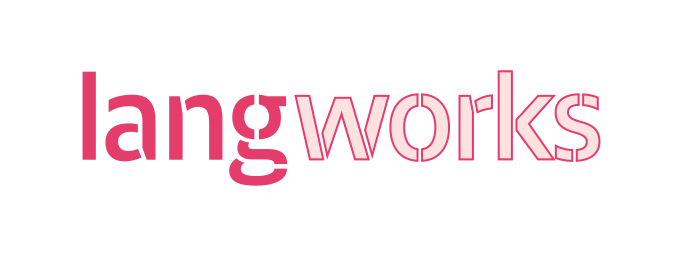JSON#
Many LLMs and LLM providers support guided generation of JSON. Langworks provides various utilities
to help generate and process JSON. They may be accessed through the langworks.util.json module.
- langworks.util.json.cast_json_as_cls(json: dict[str, Any], cls: DataclassType | TypedDictType, on_redundancies: Literal['ignore', 'warn', 'raise'] = 'warn', on_missing: Literal['ignore', 'warn', 'raise'] = 'raise')#
Convert a JSON-like dictionary to an instance of the given :py:deco:`dataclasses.dataclass` or
typing.TypedDictsubclass, adhering to type hints included in this class, converting any properties and fields to the appropriate types (including nested dataclasses or TypedDict subclasses).Parameters#
- json
JSON-like dictionary to convert.
- cls
Dataclass or TypedDict subclass to convert to.
- on_redundancies
How to handle any potential redundancies included in the passed JSON object, either emitting a warning (
warn), raising an error (raise), or ignoring the redundancy (ignore).- on_missing
How to handle missing data in the passed JSON object, either emitting a warning (
warn), raising an error (raise), or ignoring the missing key (ignore).
- langworks.util.json.json_schema_from_cls(schema: DataclassType | TypedDictType, indent: str = 2, use_refs: bool = False) str#
Generates from a :py:deco:`dataclasses.dataclass` or
typing.TypedDictsubclass a string-based JSON schema compliant with the standard governed by The JSON Schema Organization. If a dictionary is desired, usejson_dict_schema_from_cls()instead.Parameters#
- schema
The dataclass or TypedDict subclass from which to generate the schema. Attributes may have any of the following types:
Boolean
Numeric (
int,float, orcomplex)String
Literal
Regular expressions (
re.Pattern[...])None (
type[None])List
TypedDict subclass
When wrapped by annotation types like
RequiredorNotRequired, these requirements are also included in the schema generated.- indent
The number of whitespaces to use per level when formatting the scheme.
- use_refs
Flag that controls whether or not nested TypedDict objects are included directly or through references, the latter allowing for recursive definitions.
- langworks.util.json.json_dict_schema_from_cls(schema: DataclassType | TypedDictType, use_refs: bool = False) dict#
Generates from a :py:deco:`dataclasses.dataclass` or
typing.TypedDictsubclass a JSON schema compliant with the standard governed by The JSON Schema Organization, represented as a Python dictionary. If a string-based representation is desired, usejson_schema_from_cls()instead.Parameters#
- schema
The dataclass or TypedDict subclass from which to generate the schema. Attributes may have any of the following types:
Boolean
Numeric (
int,float, orcomplex)String
Literal
Regular expressions (
re.Pattern[...])None (
type[None])List
TypedDict subclass
When wrapped by annotation types like
RequiredorNotRequired, these requirements are also included in the schema generated.- use_refs
Flag that controls whether or not nested TypedDict objects are included directly or through references, the latter allowing for recursive definitions.
- langworks.util.json.json_shorthand_schema_from_cls(schema: DataclassType | TypedDictType, indent: str = 2) str#
Generates a shorthand JSON schema from a :py:deco:`dataclasses.dataclass` or
typing.TypedDictsubclassNote
Shorthand JSON schemas are not compliant with JSON Schema as defined by the The JSON Schema Organization. Shorthand JSON schemas only serve to succinctly instruct LLMs when requesting these LLMs to output JSON. If you wish to generate compliant schema, look at
json_schema_from_cls().Parameters#
- schema
The TypedDict subclass from which to generate the schema. Attributes may have any of the following types:
Boolean
Numeric (int, float, complex)
String
Literal
Regular expressions (
re.Pattern[...])None (passed as
type[None])List
TypedDict subclass
Optionally, attributes may also be annotated using
typing.Annotated. When these annotations include antyping_extensions.Docobject, their contents will be treated as docstrings to include in the schema alongside the attributes. These docstrings may be further enhanced through the use oftyping.NotRequiredannotations. For example:class Item(TypedDict): value : Annotated[str, Doc("A wrapped value")] index : NotRequired[int] json_shorthand_schema_from_dict(Item) == """{ "value": "string", // A wrapped value "index": "number" // (optional) }"""
- indent
The number of whitespaces to use per level when formatting the scheme.
